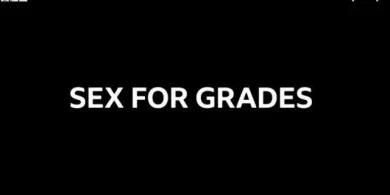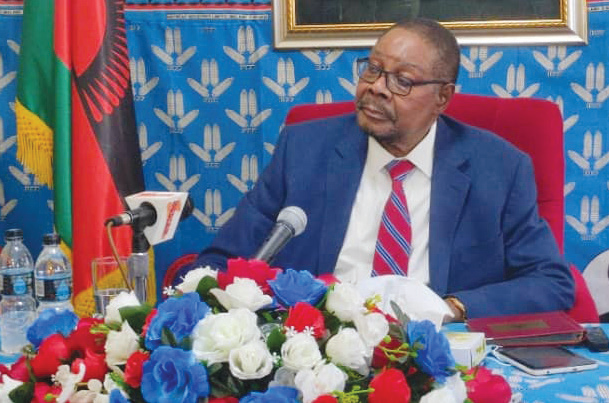Tonse Alliance should consider other alternatives
The World Bank on Monday cautioned the Tonse Alliance-led administration against implementing some financing options in the so-called Debt Retirement Fund amid concerns that threaten the economic interests of Malawians.
The Bank has taken issue with the proposal such as a levy on fuel would put the financing cost on consumers who already face high levies on fuel. It has also expressed concern that using proceeds from tax revenue would reduce the resources for budget implementation.
The Bank’s recommendations come at a time when President Lazarus Chakwera launched the economic recovery plan. The economic recovery plan will cover the period between 2021 and 2023 and is expected to cost the taxpayer about K500 billion.
No one in his right mind would dispute that Malawi needs an economic recovery plan. The IMF projects that growth in Malawi at 2.2 percent for the year 2021. Economic and development specialists postulate that Malawi will need to grow by about 6.5 percent every year to improve the livelihoods of Malawians.
The recovery plan is necessary to boost economic activity. But the problem is that the government has not been clear as to how it would finance the plan. The Tonse-Alliance’s first 18 months in power have definitively proven that grand plans without a steady financing mechanism are bound to fail.
The plans to create one million jobs in the first one year have failed miserably. The Affordable Input Programme (AIP) is contributing to the country’s debt burden without showing any discernible return on investment.
In fact, there is a good reason to believe that the taxes on financial services, including non-banking services and pension services and cooking oil have contributed significantly to the rising inflation levels in the country.
Malawians have staged protests in all the major cities of the country to protest against the same. Yet, the Tonse Alliance would like to ask taxpayers, who are already burdened by other taxes as the World Bank rightly noted, to take an additional burden with the proposed fuel levy.
It is also surprising that Chakwera intends to use proceeds from tax revenue to repay some of the debts. Note that some critical sectors like health and education are already under-funded. Reducing their funding will undermine their operations further.
The Tonse Alliance should have realised by now that they need a proper financing mechanism to back their plans for economic reform. Placing higher burdens on consumers will reduce their disposable income, and in the process, slows economic activity.
The World Bank is right. The Alliance should seriously consider other financing options. Chakwera and his lieutenants should move away from their obsession with improving revenue generation and find ways of reducing their spending.
The Tonse Alliance seems to be oblivious to some of the most fundamental rules of finance and debt management such as reducing expenditure and not taking up debt to fund consumption. The alliance’s unwavering commitment to the AIP shows that fiscal prudence is not in their immediate plans.
Be that as it may, the Tonse-led administration has other options it can use to generate revenue. Lest we forget, the government has at its disposal parastatals, including the Water Boards and Electricity Supply Corporation of Malawi, that can be revamped to generate revenue.
Chakwera and his Deputy, Saulos Chilima, who is also the Minister of Economic Planning and Development and Public Sector Reforms, should expedite the public sector reforms to ensure that these entities transition from being perennial underperformers to profitable institutions.
It is surprising that Chakwera and Chilima are sitting on the public sector reforms report when entities like Escom and the Water Boards are posting losses year in and year out, especially when both of them are operating as monopolies that provide critical utilities like water and energy.
It smacks of poor leadership for the government to keep passing on costs to consumers when the political leaders can’t work out a mechanism to ensure that parastatals can capitalise on the existing demand and lack of competition to post profits.
Instead of introducing more taxes, the government can fund the Malawi Housing Corporation to expand its market. There is enough demand for decent housing and office space to guarantee a profit for the parastatal if it was managed properly.
Malawians need a break from the taxes and levies. Chakwera and his lieutenants should stop sitting on their laurels and reform the parastatals. They are an easy source of revenue for the government.n
With Eric Mtemang’ombe
Feedback : mtemangombeericnoel@gmail.com





